
 1 / 12
1 / 12A recent World Health Organisation (WHO) report estimates that more than 30 percent of India’s population is living with hypertension. High prevalence of hypertension is partly attributed to excessive salt intake. (Image: Shutterstock)
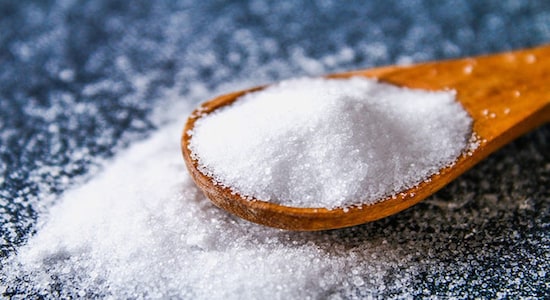
 2 / 12
2 / 12Salt, an integral part of our diets, plays a crucial role in our daily lives and the functioning of our bodies. The human body requires a small amount of sodium for critical functions. However, the delicate balance tips when our diets are inundated with excessive sodium, potentially paving the way for health issues like high blood pressure, heart disease, and stroke.
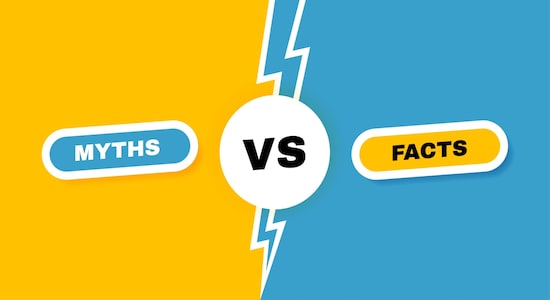
 3 / 12
3 / 12Adjusting the amount of salt you consume can have an impact on your overall health and longevity. We debunk some common myths surrounding salt consumption. (Image: Shutterstock)
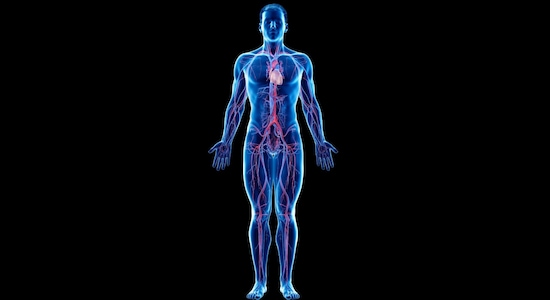
 4 / 12
4 / 12Why do you need salt? The human body requires a small amount of sodium for nerve impulses, muscle function, and mineral and water balance. (Image: Shutterstock)

 5 / 12
5 / 12How much salt do you need? The WHO recommends a maximum intake of less than 5 grams a day. Excessive consumption of sodium can result in elevated blood pressure, increased risk of heart disease and stroke, and calcium depletion. (Image: Shutterstock)
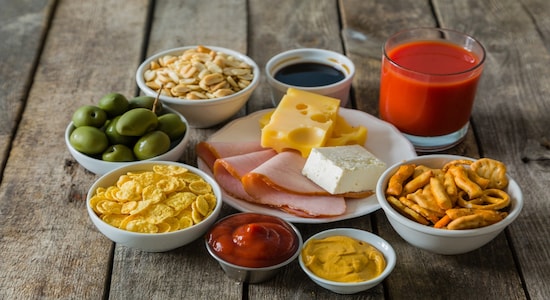
 6 / 12
6 / 12Salt Myths and Facts | Myth 1 | I don’t add salt to my food, so I don’t eat much salt. Fact | Salt is hidden in everyday food. Roughly 75% of the salt we consume is present in everyday foods such as bread, cheese, processed meats, cereals, and sauces. Even if we avoid the salt shaker, we may still be unknowingly ingesting excessive amounts of salt. (Image: Shutterstock)

 7 / 12
7 / 12Myth 2 | I don’t have high blood pressure so I don’t need to eat less salt. Fact | Everyone needs to control their salt consumption. While high blood pressure is a known risk factor associated with salt intake, most people, even those with normal blood pressure, can benefit from reducing their salt consumption. Limiting salt intake can significantly decrease the risk of developing high blood pressure. (Image: Shutterstock)
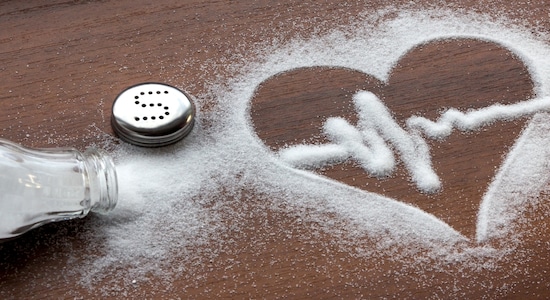
 8 / 12
8 / 12Myth 3 | There’s no real evidence that salt is a major contributor to high blood pressure. Fact | The association between sodium consumption and hypertension is well known. Extensive research has shown that salt does indeed have a substantial impact on blood pressure. Numerous randomised trials have consistently demonstrated the benefits of reducing salt consumption in lowering blood pressure. Even a modest reduction in salt intake over a short period can yield significant results. (Image: Shutterstock)
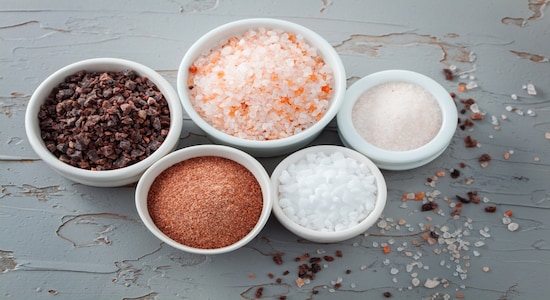
 9 / 12
9 / 12Myth 4 | I only use sea salt, and that’s healthier than table salt. Fact | All salt is equal. Whether it’s table salt, sea salt, or rock salt, they all share one crucial characteristic – they are primarily composed of sodium chloride. Despite the perception of sea salt being a healthier alternative, it is not inherently better; salt is salt, regardless of its source. (Image: Shutterstock)
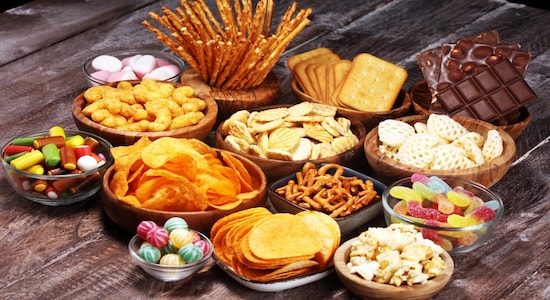
 10 / 12
10 / 12Myth 5 | You can tell when a food is salty because it tastes salty. Fact | Not all high-salt foods taste salty. Salt is hidden in unlikely places. Common items like pasta sauces, bread, biscuits, and cakes can contain hidden salt, making it challenging to gauge salt intake by taste alone. (Image: Shutterstock)
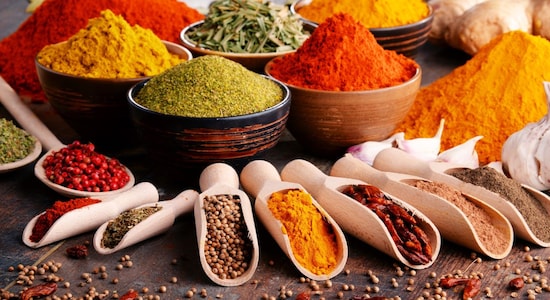
 11 / 12
11 / 12Myth 6 | Food with less salt tastes bland. Fact | Reduced salt intake can enhance your taste palate. After just three weeks of reducing salt intake, taste buds become more sensitive. This heightened sensitivity allows individuals to derive the same flavour satisfaction from their food with less salt. Additionally, using alternative flavour enhancers like herbs, spices, wine, onions, chillies, and lemons can compensate for reduced salt. (Image: Shutterstock)

 12 / 12
12 / 12Myth 7 | I need more salt because I exercise a lot and ‘sweat it out’. Fact | Sweat causes minimal salt loss. Contrary to the belief that intense exercise necessitates additional salt intake, most people lose only a small amount of salt through sweat. In reality, the average diet provides more salt than the body requires, making extra salt intake unnecessary. (Image: Shutterstock)

